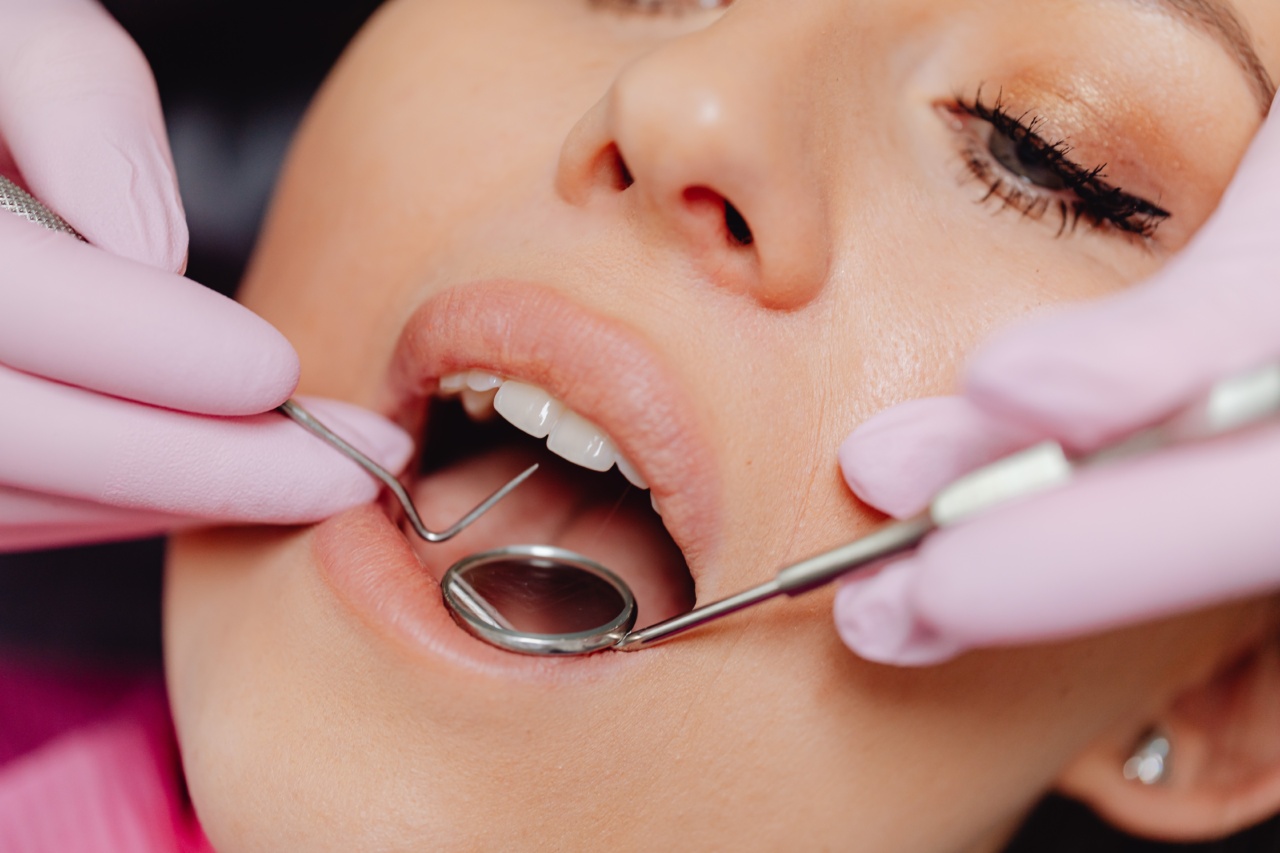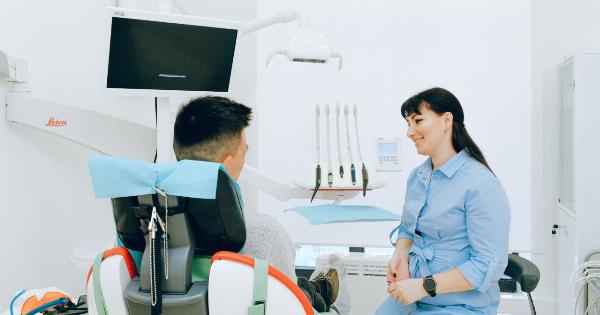Dental care is crucial to maintain good oral hygiene and overall health. Adequate dental care involves regular dental check-ups and treatments when necessary.
However, access to dental care has always been a challenge for many individuals due to various reasons such as cost, lack of proper infrastructure and education. In recent years, private insurance has emerged as a feasible option for individuals to access dental care. In this article, we will discuss the impact of private insurance on dental care in the United States.
Access to Dental Care
Before delving into the impact of private insurance on dental care, it is essential to understand the current scenario in the United States.
According to the American Dental Association, more than 45 million Americans live in areas where there is a shortage of dental professionals. This, coupled with the high cost of dental care, has left many individuals without access to proper dental care.
One of the primary benefits of having private insurance is that it increases access to dental care. Private insurance allows individuals to choose from a variety of dental care providers and treatments, giving them better options to choose from.
This, in turn, has led to more people seeking treatment and regular check-ups, resulting in better oral health outcomes.
Cost of Dental Care
The cost of dental care is one of the primary reasons why many individuals avoid regular check-ups and treatment.
According to the National Association of Dental Plans, individuals with private insurance are more likely to seek dental care than those without insurance. This is because private insurance providers negotiate prices with dental care providers, resulting in lower costs for individuals.
In addition, some private insurance plans cover preventive services such as regular check-ups and cleanings, which can help prevent serious dental issues from arising.
Preventive care is essential to maintaining good oral health, and private insurance can encourage individuals to seek such services by offering coverage.
Dental Care Infrastructure
Private insurance can have a significant impact on dental care infrastructure. The increased access to dental care due to private insurance has resulted in the growth of the dental care industry.
More dental care providers are setting up practices to cater to the increasing demand for dental services. This, in turn, has led to the creation of more jobs and better infrastructure to provide dental care services.
Socioeconomic Factors
Socioeconomic factors play a crucial role in determining access to dental care. Individuals with higher socioeconomic status are more likely to have dental insurance and access to dental care.
Private insurance can help bridge this gap by providing access to dental care for individuals from lower socioeconomic backgrounds. This, in turn, can lead to better oral health outcomes and reduce the disparities in dental care access.
Quality of Dental Care
Private insurance can also have an impact on the quality of dental care. Private insurance providers often require dental care providers to meet certain quality standards to be included in their networks.
As a result, individuals with private insurance are more likely to receive high-quality dental care from qualified professionals. In addition, private insurance encourages dentists to invest in new technologies and treatments to provide better services to their patients.
Impact of Lack of Insurance
Despite the benefits of having private insurance, many individuals still lack coverage. According to a report by the National Institute of Dental and Craniofacial Research, more than 40% of Americans do not have dental insurance.
This can lead to significant disparities in dental care access and outcomes. Individuals without insurance are less likely to seek dental care, resulting in more severe dental issues and higher costs in the long run.
The Bottom Line
Private insurance can have a significant impact on dental care access, cost, infrastructure, quality, and socioeconomic disparities.
Individuals with private insurance are more likely to seek dental care and receive high-quality services from qualified professionals. Private insurance providers negotiate prices with dental care providers, resulting in lower costs for individuals.
However, despite the benefits of private insurance, many individuals still lack coverage, resulting in significant disparities in dental care access and outcomes.




























